
Regardless of breastfeeding duration, women who did so after giving birth had a lower risk of developing ovarian cancer, including high-grade tumors.

Regardless of breastfeeding duration, women who did so after giving birth had a lower risk of developing ovarian cancer, including high-grade tumors.

Patients with mantle cell lymphoma who were eligible for stem cell transplant saw a 97% overall response rate to a three-drug regimen, according to findings from two clinical trials.
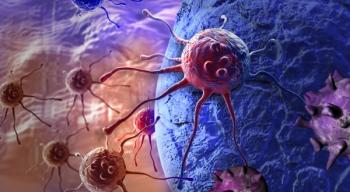
At one-year follow-up, phase 2 clinical trial results showed that most patients with relapsed or treatment resistant mantle cell lymphoma responded to chimeric antigen receptor (CAR)-T cell therapy.

Immunotherapy used after chemoradiotherapy shows better survival outcomes for patients with cervical cancer.

PARP inhibitors show promise in lengthening the life of women with breast cancer, and they're willing to bear the side effects of the treatment.

These targeted therapies fight disease by stopping the fix-it process in damaged cancer cells.

A new study links e-cigarette use to bladder cancer but experts say more research is needed.
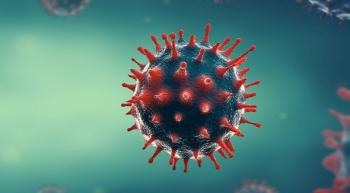
Researchers from China examined the impact that coronavirus has on patients who are receiving anti-cancer treatment.

Researchers suggest that patients with advanced non-small cell lung cancer who have limited daily functions should be better educated about therapy decisions.
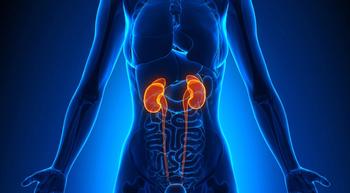
Once a patient progresses following initial treatment for kidney cancer, one expert says TKIs are the next step in therapy.
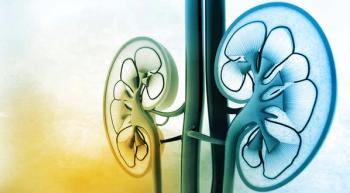
Different combinations of immunotherapy with chemotherapy are helping patients with renal cell carcinoma live longer.
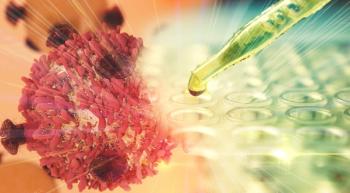
Patients with acute myeloid leukemia whose disease has relapsed or become resistant to treatment saw a benefit with a combination of Opdivo and Vidaza.

Combining immunotherapies with chemotherapy has shown improved survival in patients with extensive-stage small cell lung cancer.

Compared with individuals who never had cancer, survivors age 18-39 had severe concerns regarding daily financial needs, according to a new study.

The nonprofit organization has supported advancements in pediatric cancer research over the past 20 years.

Terry White, who has lived with multiple myeloma for more than a decade, offers reassurance to other patients.

An expert sheds light on the latest therapies in clinical trials and promising drug combinations to thwart the aggressive disease.

Newer medications that displace chemotherapy aim directly at mutations in the Bruton tyrosine kinase gene and help patients with CLL live longer.

Get a sneak peek at what’s inside our Winter 2020 issue of Heal Magazine.

Survivors of childhood cancer with post-traumatic stress symptoms reported more psychosocial late effects, a new study shows.

To help manage chemo fog, interventions utilizing computer screens and tablets proved promising in a new study.

Survivors share how to combat insensitive comments made by loved ones and strangers.
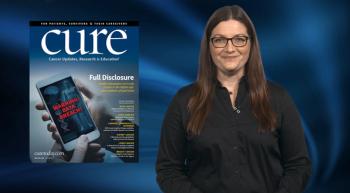
Here’s a look at what’s inside our 2020 Winter issue.
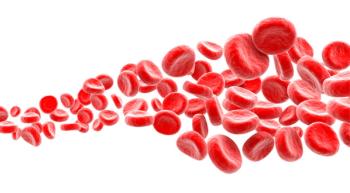
Patients with the aggressive blood cancer can turn to immunotherapies like CAR-T cell therapy when disease recurs or becomes resistant.
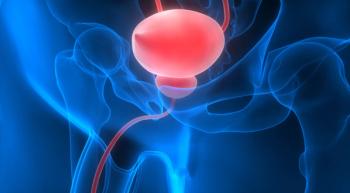
Treatment for patients with bladder cancer is moving away from VEGF-targeted therapies toward immune checkpoint inhibition, according to one expert.

A mother and daughter share their personal journey with breast cancer to help inspire others facing a life-altering diagnosis.

Utilizing yoga can help patients with cancer fight off fatigue after going through intensive treatments like stem cell transplant.

Although most older women with breast cancer didn’t use the painkillers persistently, new study findings show women who received chemotherapy were at greater risk of new-onset persistent use.
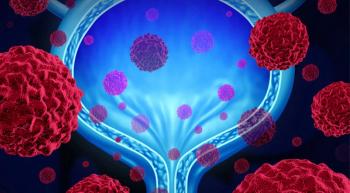
Better response rates may be seen in patients with advanced bladder cancer when two therapies are combined.
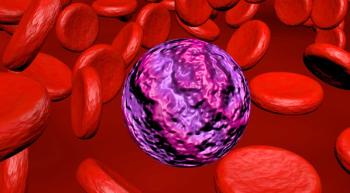
Research findings show that rare mutations from donor stem cells can be passed onto patients who receive them, potentially causing health concerns.